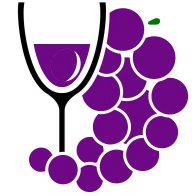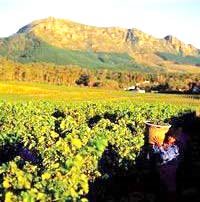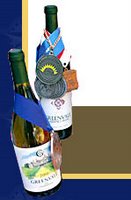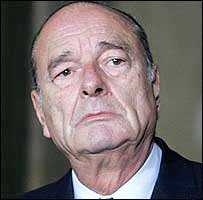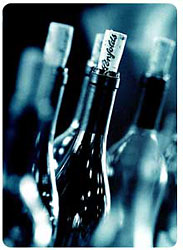
On July 1, Maryland joined about 30 other states that allow restaurant diners to take home unfinished bottles of wine. In late September, Ohio will join the crowd.
Such bottles still are considered "open containers" and can be transported only in a locked glove compartment, cargo area or trunk of a vehicle.
"We believe that this new law will encourage more customers to purchase wine by the bottle while simultaneously encouraging responsible drinking," said Melvin Thompson, vice president of government relations for the Restaurant Association of Maryland, in a statement. "Re-corking gives the customer the choice of finishing the wine at home instead of being forced to drink it or lose it."
Will this really matter to restaurateurs?
I checked with Jerry Pellegrino, owner/chef of Corks in Baltimore, a wine-centric establishment that deals exclusively in domestic wines, many of which Pellegrino ferrets out in his travels around the country.
"We offer our guests so many alternatives to ordering an entire bottle of wine that I'm not sure the law will help our wine sales, what proponents of the legislation claim," Pellegrino said.
Some restaurateurs were concerned that because it is less expensive to buy a bottle of wine than buying it by the glass, the sales of by-the-glass wines might drop off. However, others note that people who purchase by-the-glass usually do so to either limit consumption or to try something new without a commitment to an entire bottle.
"We're offering over 40 half-bottles and each one of those can be ordered by the glass," Pellegrino told me. "And, we're not talking wines that are the normal suspects. We have things like Foley Charbono, Martinelli 'Guiseppe and Louisa' zinfandel, a vertical of Corison 'Napa' cab and Paul Hobbs 'Dinner Vineyard' chardonnay available. So, if you don't want to order another full bottle at Corks, you don't have to."
Brian Fiori, general manager of Morton's steakhouse in the Sheraton hotel at Baltimore's Inner Harbor, said recorking could be an advantage for solo diners.
"We have a lot of single diners from the hotel," he said, who like to have fine wine with their meals. He told the Sun newspaper the recorking rules will allow these diners to pick a bottle of wine from the part of the restaurant's wine list that offers the widest selection, then bring the leftovers to their room.
A few other Pellegrino observations:
"The law may benefit properties that don't offer an aggressive wine by the glass program or where wine isn't a priority and guests may want another bottle for the table. But I think, going back to the big picture, the law sets a tone about how we view wine in Maryland. We're saying that it's OK to take a bottle home in your car. If you're a wine drinker, you're responsible enough to drive around with it and not gulp it out of the bottle on the highway.
"Maybe it's not something that we should regulate so tightly. Under-age children aren't going to start ordering it on the Internet and have it shipped to their home, and so on. So, financially it's not going to be that beneficial to restaurateurs, but in our quest to deregulate how wine is purchased and distributed I think it's a big win."
In Ohio, where Gov. Bob Taft signed a bill on June 20 that will allow restaurant customers to take home their unfinished bottles, the 90-day countdown to implementation is under way.
Said Walt Wirth, a managing partner in the distributing company 55 Degrees, "The biggest losers will be the servers or managers who got to finish those partially empty bottles of wine."
To Dowd's Spirits Notebook latest entry.
To Dowd's Wine Notebook latest entry.
To Dowd's Brews Notebook latest entry.
Back to Dowd On Drinks

